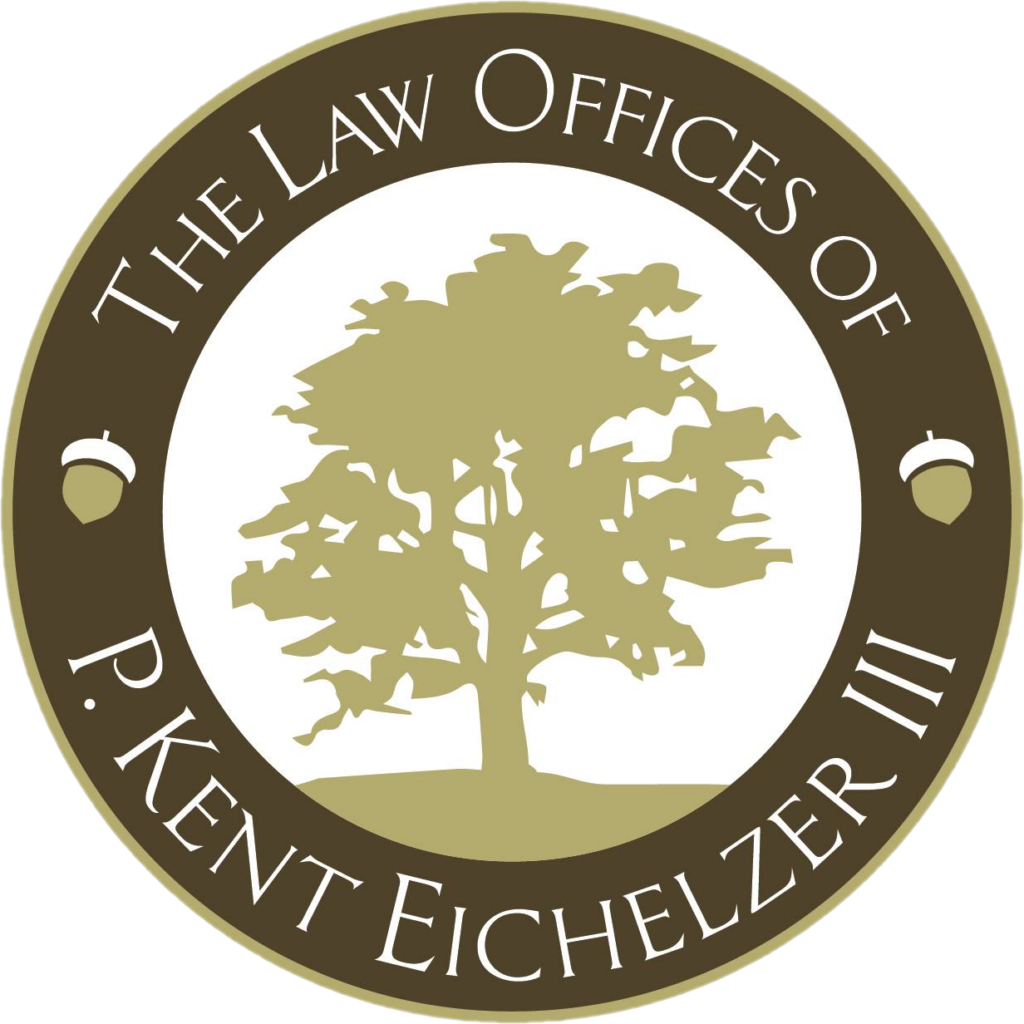Finding yourself in the midst of a personal injury case is already stressful enough. If you don’t recognize the legal jargon spoken in the courtroom, it is even more stressful. Therefore, it is helpful to know a few common legal terms so you can communicate effectively with all parties involved. The legal terms thrown around in a courtroom can be confusing and overwhelming, but knowledge of these terms will enable you to feel more equipped to succeed in your case.
Useful Terms for a Personal Injury Case
A
- Activities of Daily Living: Any skills that a person needs to take care of themselves independently. ADLs are assessed to evaluate the amount that a personal injury has affected the victim, and what compensation they need.
- Affidavit: A notarized form of documentation that certifies that certain facts are verified to be true.
- Appeal: A request to take an appeal to a higher court to reverse the decision of a lower-trial court.
- Arbitration: Prior to going to court, the two parties can elect to settle a dispute using a neutral third party, such as an off-duty judge or attorney.
- Assumption of Risk: A defense that argues that when people choose to take part in specific activities, it implies a certain risk. For example, activities like skydiving or horseback riding. Assumption of risk can be express, in the form of a waiver or contract, or implied with the activity.
- Attorney Client Privilege: A client’s legal right to keep information between them and their attorneys private.
B
- Bad Faith: The intent to be dishonest or fraudulent in a transaction.
- Burden of Proof: The volume of evidence the victim needs to have in order to win a personal injury case.
C
- Claim Adjuster: The liaison between the insured party and the insurance company.
- Comparative Negligence: Consideration of a plaintiff’s additional fault in the event of an accident. For example, if one driver runs a stop sign and hits a driver that was speeding, both cases of negligence will be considered when evaluating liability for damages.
- Compensable Injury: Any injury that is able to be covered by worker’s compensation.
- Contingency Fee: An agreement that states that a lawyer will only receive payment from the client if a favorable result is received. If the case is won, the lawyer receives a percentage of the money won by the client from a settlement. However, if the case does not receive favorable results, the client does not have any financial obligation to the lawyer.
F
- Force Majeure: Means “superior strength” in French. Force Majeure is any unpredictable or uncontrollable event. Often used by defendants to describe that there is no way they could have prevented the event from happening. For example, weather is a common defense in these cases.
L
- Liability Insurance: A type of insurance coverage that protects against financial loss caused by legal reliability for someone else’s injury or damage to their property.
- Loss of Consortium: Any deprivation of familial duties or benefits caused by a personal injury. For example, a victim’s family can request monetary compensation for the loss of companionship or affection caused by a death or personal injury.
M
- Mediation: Assistance from a neutral third party in resolving a dispute.
- Medical Malpractice: Any negligence in action or omission by a licensed medical professional in which the treatment administered falls below the accepted standard of care and causes injury or death to the patient.
N
- No-Fault: A type of automotive insurance that provides coverage and benefits to victims, regardless of who was at fault for the accident.

P
- Power of Attorney: A legal document that enables someone to act on another person’s behalf.
- Preponderance of Evidence: Simply put, to prove something is more likely true than untrue.
S
- Statute of Limitations: The amount of time an individual has to file a lawsuit for a personal injury case. In Georgia, the statute of limitations is typically two years after the accident occurred.
- Subpoena: A legal document that summons an individual to testify as a witness in a court and/or to provide documents to be used in legal proceedings. Additionally, subpoenas have deadlines with a penalty for failure.
T
- Tort: An act or absence of an act that causes harm to another.
W
- Wrongful Death: When a person passes away due to the negligence of another person. Therefore, the family of the victim typically files these lawsuits.

Need A Lawyer For Your Personal Injury Case? Call Us Today!
To conclude, its helpful to learn these terms that are commonly used in a personal injury case, but nothing can give you more peace of mind than a reliable personal injury attorney. The Law Offices of P. Kent Eichelzer III provides years of professional experience in personal injury cases of all kinds. Moreover, If you believe your case has grounds for a lawsuit, we offer no-cost, no-obligation legal consultations. Call us today at 678-824-4455 or contact us through our website.

